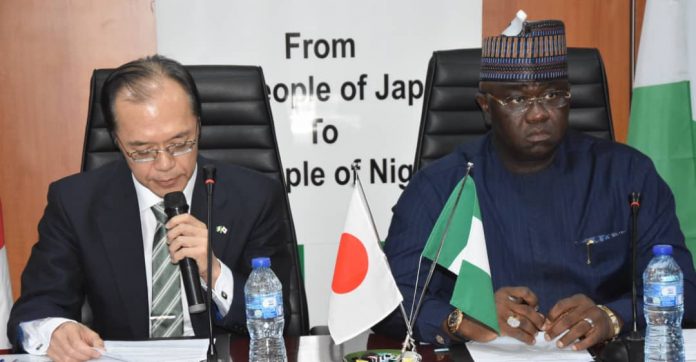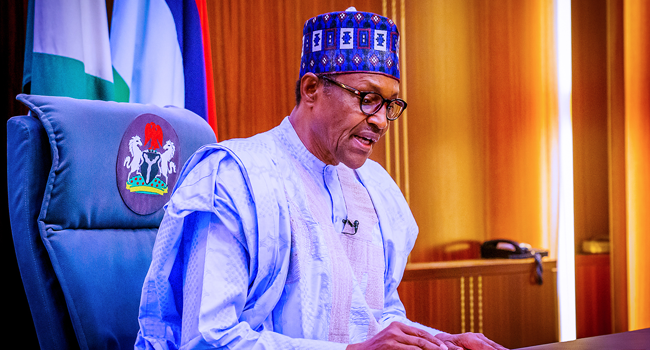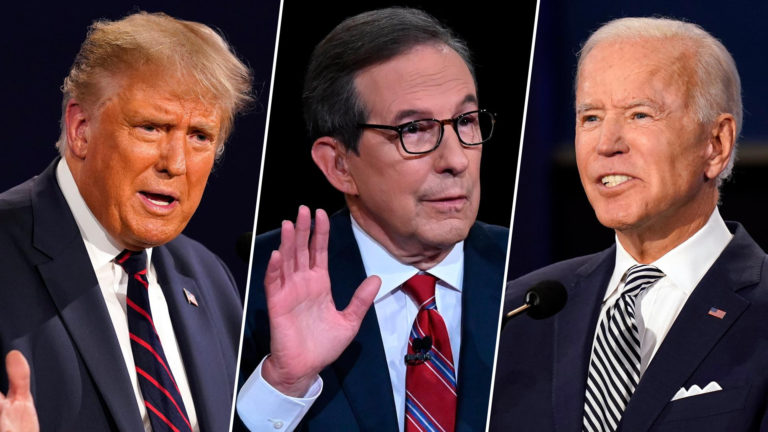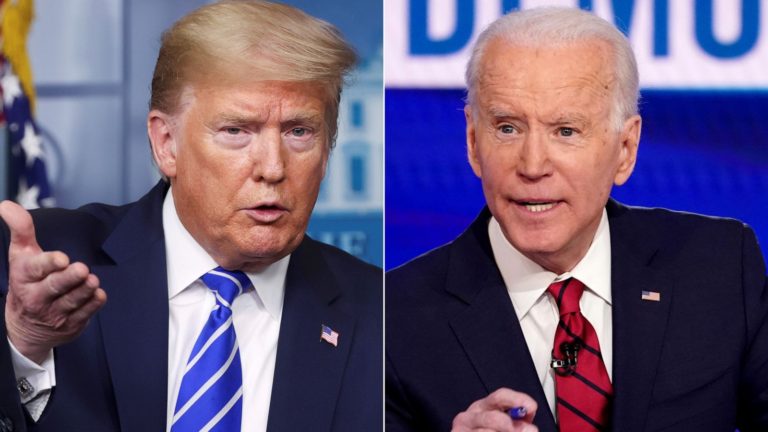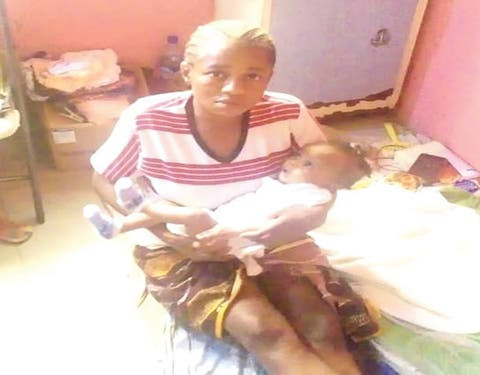A 35-year-old man has been sentenced to three life terms in prison for the murder of Samson Sithole, 3, and the rape and murder of Boitumelo Ramatsobane Matsekoleng, 6, in South Africa.

Charles Moswathupha was sentenced by the High Court in Polokwane on Tuesday, 29 September.
His conviction follows the deaths of three year-old Samson Sithole and six-year-old Boitumelo Matsekoleng in 2018 and 2019, respectively.
Sithole was found murdered at the Koteng squatter camp near Marble Hall on 6 December 2018. He had earlier been reported missing and his body was found by passersby in bushes near Koting Village. Moswathupha was later identified as the suspect and a manhunt was launched.
Matsekoleng was kidnapped, raped in Serageng village in Sekhukhune district in September 2019. She was first reported missing on 29 September and later found with serious injuries on 1 October. She was admitted to the ICU at the Pietersburg Provincial Hospital where she later succumbed to the injuries she sustained.
Moswathupha was initially arrested by the residents of Serageng village and had to be rescued from a mob by the police. He made his first court appearance in the Groblersdal Magistrate’s Court in October on charges of kidnapping, rape and murder. He was later positively linked to the murder of Sithole.
In a statement, Mashudu Malabi-Dzhangi, Regional Spokesperson for the Director of Public Prosecutions (DPP) Limpopo, said Moswathupa initially offered a plea and sentence agreement of 28 years, which was rejected by the court.
He later pleaded guilty to all counts and in mitigation, testified that he was intoxicated when committing the offences and he was remorseful.
“In aggravation of sentence, state advocate Kgoputso Sekhukhune argued that Moswathupha was not remorseful and asked for the prescribed minimum sentence.”
The NPA has since welcomed the hefty sentence. “In this era we hope that this sentence will send a clear message to would-be offenders,” the Director of Public Prosecutions Advocate, Ivy Thenga said.




